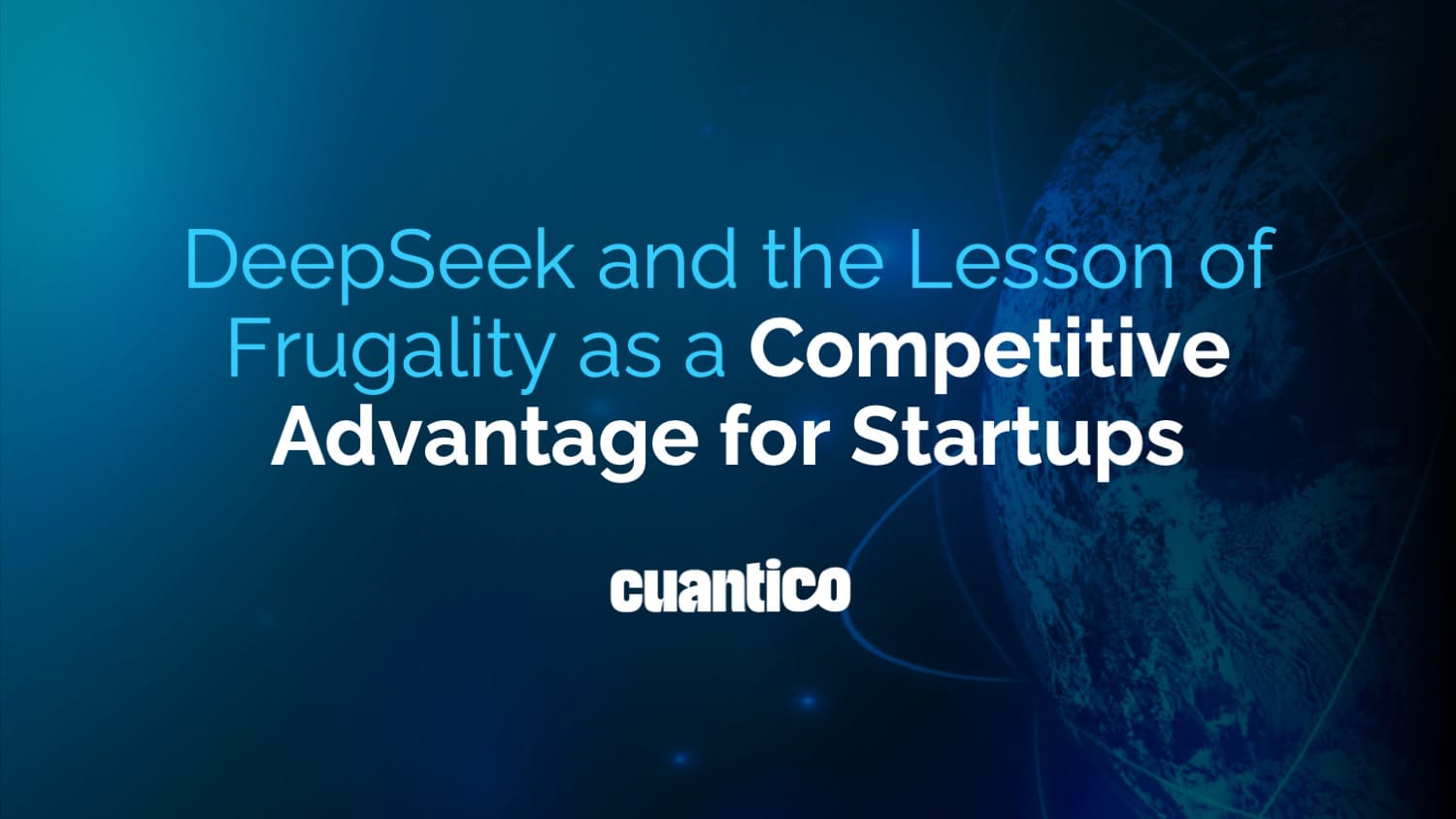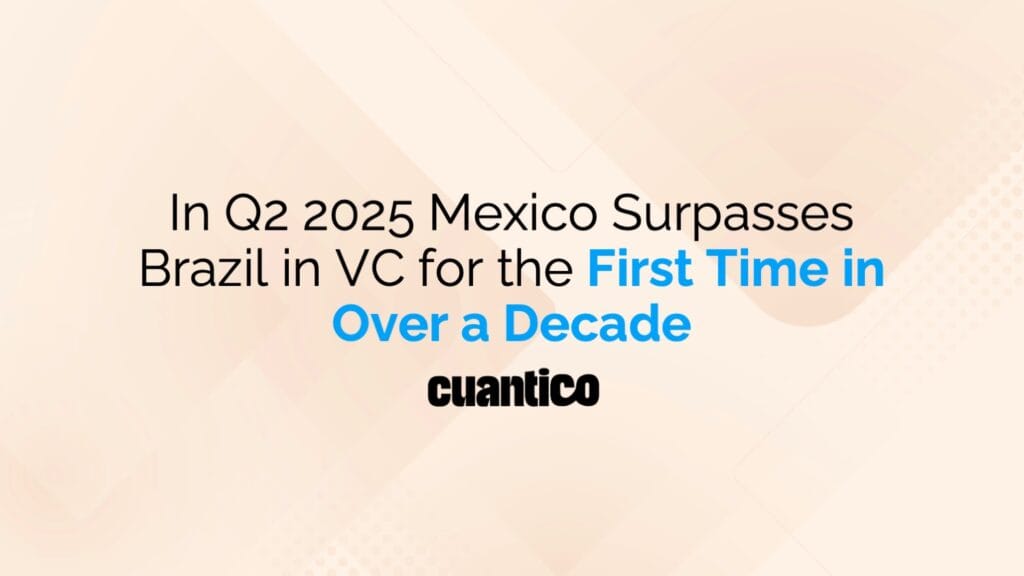Column originally published in Spanish in Forbes Mexico
Marie von Ebner-Eschenbach once said, “Being content with little is difficult; with much, impossible.” This reflection resonates unexpectedly with a pressing issue today: the turning point we are witnessing in artificial intelligence technologies.
In recent days, DeepSeek has dominated global headlines by outperforming giants like OpenAI and Anthropic—at a fraction of the cost. How did they do it? The answer lies in frugality. While OpenAI raised over $21 billion to build massive $100 million data centers, DeepSeek, a Chinese startup, leveraged just $6 million to achieve results equal to or even superior to GPT-4 and Claude in many tasks—at 95% lower cost.
Their innovation stems from rethinking efficiency. Instead of relying on 32-decimal precision calculations like traditional AI models, DeepSeek reduced it to just eight decimals, cutting memory usage by more than 75%. Rather than processing word by word, it analyzes entire phrases, doubling speed while maintaining 90% accuracy. Additionally, it only activates the necessary modules depending on the task, avoiding the constant use of massive models. These strategic choices slashed training costs from $100 million to just $5 million, using gaming GPUs instead of expensive data centers.
The impact was immediate: Nvidia lost $600 billion in market value and ceased to be the most valuable company on the stock exchange. Oracle and Broadcom saw similar losses as DeepSeek set a new benchmark in AI development—one that is more accessible, competitive, and scalable.
DeepSeek’s case offers a key lesson for Latin America. The era of cheap money and massive venture capital access in 2021 left lasting effects on the ecosystem. Many founders lost focus on business fundamentals, intoxicated by vast cash flows and inflated bank accounts. However, this does not mean scarcity should be romanticized. Rather, it is an invitation to recognize frugality, consumer-driven insights, and focus as competitive advantages.
In the near future, the most formidable competitors may no longer emerge solely from the North but from rising regions where efficiency and scarcity are not obstacles but engines of innovation. Is Latin America ready to compete under this new paradigm? The answer will depend on our ability to learn and adapt to these new rules of the game.
Jose Kont is the Executive Director of Cuantico and a Venture Partner at Impacta VC.



